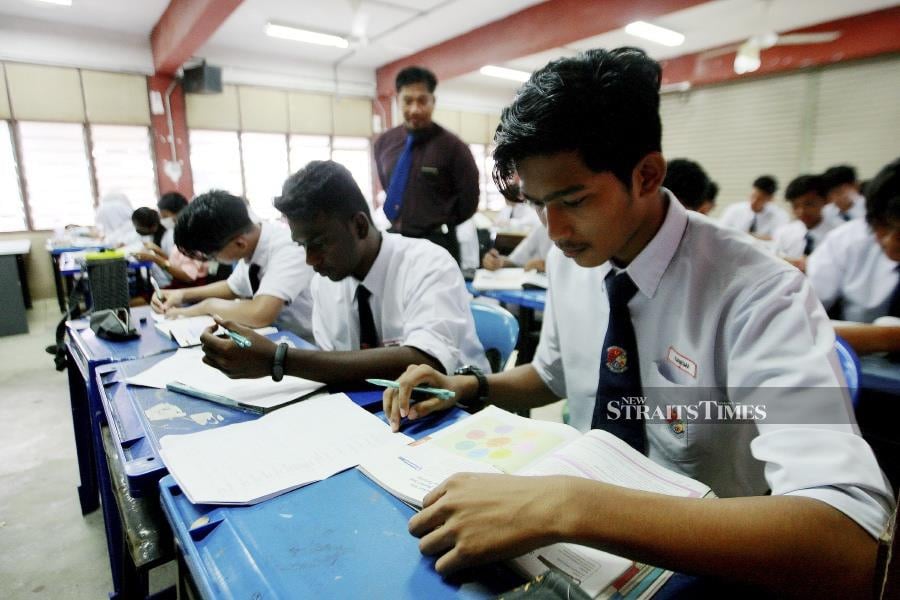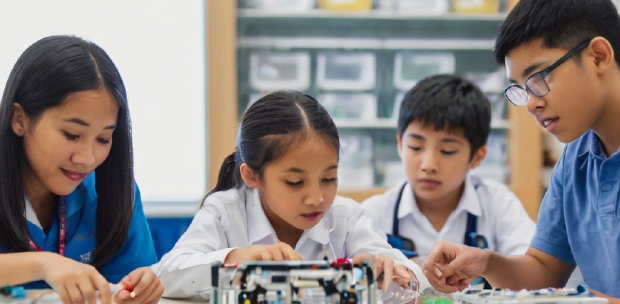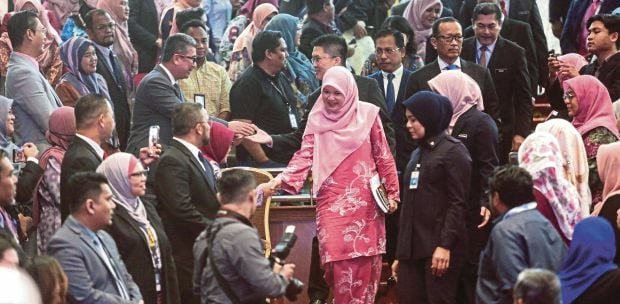KUALA LUMPUR: A Sarawak deputy minister has called for incentives and measures to increase the number of science and mathematics teachers in schools, especially in rural areas.
"This is the first step in addressing the low interest in Science, Technology, Engineering, and Mathematics (STEM)," said Sarawak Deputy Education, Innovation and Talent Development Minister Datuk Dr Annuar Rapaee.
"The Prime Minister's statement on the matter is timely," he said, referring to Datuk Seri Anwar Ibrahim's recent comments that the decreasing interest among Malaysian students in STEM was worrying.
Annuar said Malaysia's latest Pisa lower scores were also indicative of the low interest in STEM.
"If we want children to be interested in STEM, then they must be thought by people who are also interested in STEM," he told the New Straits Times.
In Sarawak, 55.4 per cent of teachers teaching science and maths are non-option teachers, he said.
Non-option teachers refer to teachers who do not choose to teach a certain subject but do so because of the lack of teachers for that subject.
"These are people who fill in because there just aren't enough science and maths teachers around," he said, adding the problem was greater in rural areas.
Annuar said the government can consider providing incentives to trainee teachers to take up teaching science and maths.
"This is a critical issue, just like the shortage of medical professionals in hospitals," said Annuar, a cardiologist by training.
"We give doctors a critical allowance, we can also do the same for teachers to encourage them to teach science and maths."
Annuar also said there was a need for greater investments in lab facilities to spur the interest of students.
"Many schools in Sarawak don't even have science labs, and many of those that do lack equipment.
"All these lead to a lack of interest among students, and if the issue is not addressed, we will face serious problems in the future. A lack of STEM students will have ramifications on society and the economy."
Annuar also proposed a central monitoring body for entry into the science stream to have a clear picture of the issues on the ground.
"Schools select which students get to enter into the science stream, and some schools don't want to open up the science stream to more students because they are afraid the students won't be able to cope.
"But that's why we need teachers who are passionate about STEM because they will want to teach the students so they won't fail."





